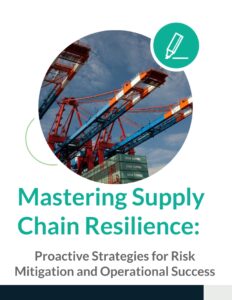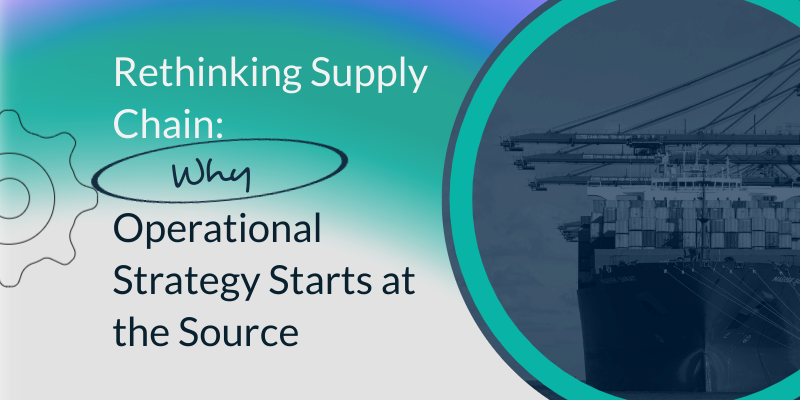Who Needs a Readiness Assessment?
It’s common to hear people enthusiastically sharing their organizational change success stories, painting vivid pictures of transformation and achievement. However, what often goes undiscussed is the groundwork and preparation required to reach those heights of success. Astute managers and seasoned consultants are well aware that diving head-first into implementing brand-new processes without a thorough plan can be a recipe for disaster.
They understand the critical importance of assessing the team’s readiness and appetite for change; even change everyone wants. It involves evaluating the current organizational culture, the team’s adaptability, and their willingness to embrace new challenges. Often we use the past as a benchmark but that strategy is only applicable when previous projects have been carefully planned. Conducting a readiness assessment is an essential step to ensure that the organization is not only prepared for change but also aligned and committed to moving forward together.
A readiness assessment is an opportunity to assess where an organization is today, and how it’s likely to react to changes. Is the team prepared, are the right processes and technology in place, and what effect will the plans have on customers? These questions can be answered through assessment tools and frameworks that seek out feedback on the proposed changes and analyze them. Sounds like something your organization could benefit from but unsure if it’s the right moment. Here are a few signs to look for.
Your team is stretched to its limits
Is your team feeling burned, overwhelmed, and overworked, with the mountain of tasks seemingly insurmountable? This predicament is a common challenge for smaller businesses, where employees often find themselves juggling a myriad of responsibilities or even fulfilling the roles of several individuals. However, this isn’t a plight exclusive to small enterprises. Larger corporations are also susceptible, particularly those experiencing high rates of employee turnover. The constant flux of staff can disrupt workflow and increase the workload on remaining team members, compounding the issue of overwork and burnout.
On one hand, it’s unmistakably evident that any firm finding itself in such a precarious position desperately requires an organizational overhaul. The necessity for change stems from the current inefficiencies and difficulties that are hindering progress. However, given the current scenario where the team is already overstretched and barely managing to keep operations afloat, introducing organizational change could potentially compound their challenges. If these changes are not meticulously planned and executed with precision, the team is likely to encounter an array of additional problems, exacerbating the already strained situation and making the path to improvement even more arduous.
It’s tough asking them to find the time to talk to consultants and learn new things when they’re barely coping with their current situation. A readiness assessment can be crucial in collecting feedback figuring out what is going on today and planning for a way to implement positive changes that won’t leave them floundering.
A lack of leadership or corporate culture
Transformation within an organization is a challenging process for everyone involved, particularly for those who find themselves on the receiving end of changes. These individuals often have minimal control over the situation, which can create a sense of helplessness and resistance. The presence of a good leader, one whom everyone trusts and willingly rallies around, can significantly ease the process of transformation. Such a leader possesses the ability to inspire and guide their team through the uncertainties that come with change. Alternatively, fostering an organizational culture that imbues every employee with a sense of shared mission and purpose can also facilitate a smoother transition. This approach ensures that everyone feels they are a part of something bigger, making them more open to change and less resistant to new directives.
In the absence of strong leadership or a unifying organizational culture, however, the path of business transformation can be fraught with peril. Without these critical components, the entire process risks ending in complete failure. The lack of direction and support can lead to widespread dissatisfaction among employees, which may trigger a wave of resignations, significantly destabilizing the organization. Furthermore, the failure of transformation initiatives can leave a lasting negative impact on the company’s morale, its operational efficiency, and ultimately, its bottom line. To avoid such outcomes, it is crucial for organizations to invest in strong leadership and cultivate a culture that supports change and fosters a sense of unity and shared purpose among its members.
A readiness assessment is the perfect tool for figuring out where you are today and how to get close to where you want to be.
Communication Challenges are Prevalent
In an ideal world, every organization would boast an open line of communication across its teams, ensuring that any obstacles encountered could be openly discussed and resolved. This open dialogue would foster a culture of transparency and trust, allowing for the seamless flow of ideas and solutions. Unfortunately, the reality often falls short of this ideal. In many cases, employees find themselves without the opportunity to voice their concerns or suggestions, either due to the lack of a proper platform or scheduled times for such exchanges. Additionally, a pervasive culture of fear might exist, where team members hesitate to speak up due to concerns about repercussions or being dismissed. This can lead to unresolved issues simmering beneath the surface, impacting team morale and overall productivity.
This puts you in danger when trying to implement change because it means you’re unlikely to find out if there are any major issues. This is a major obstacle.
Your processes are in dire need of an update
Are you still depending on archaic software programs or clinging to outdated and manual processes? It’s undeniable that these elements are crucial to consider during a business transformation. However, they also present significant challenges. The question arises: how can you modify something that has become a backbone for daily operations without disrupting the workflow?
Implementing readiness assessments is a strategic move to tackle this issue. These assessments are meticulously designed to evaluate your current operations, pinpoint areas that require improvement, and propose actionable steps toward modernization. By doing so, you can ensure a smoother transition to more efficient and effective processes, ultimately positioning your business for greater success in today’s competitive landscape.
Business is stagnating
Perhaps you haven’t observed any of the specific issues mentioned previously, but you’ve started to notice a worrying trend: your sales or revenue are in decline — and this downturn is more pronounced when you compare your figures to those of your competitors. This suggests that the problem may not be external economic conditions, but something within your own operations. Or maybe you’ve already attempted to introduce changes in an effort to reverse this trend, yet everything seems to be heading in the wrong direction.
This troubling situation could indicate that your current processes are no longer effective, or it might highlight a pressing need for modernization within your business model. However, it’s critical not to rush into hasty decisions or sweeping changes without a thorough analysis. Before embarking on a path to transformation, it’s essential to take a step back and conduct a comprehensive evaluation of your current standing. Understanding exactly where you are today is the first step toward identifying the most effective strategies for revitalization and growth.
By conducting a thorough readiness assessment, you have the opportunity to identify and address potential issues in several key areas. These areas include:
- People: Assessing the skills, readiness, and adaptability of your team members.
- Processes: Evaluating the efficiency and effectiveness of your operational procedures.
- Technology: Reviewing the suitability, reliability, and scalability of your technological tools and platforms.
- Customer Service: Examining the quality of support and service you provide to your customers, ensuring it meets their needs and expectations.
This comprehensive approach allows you to ensure that every aspect of your operation is aligned and prepared for success.
Ready, set, go
Does one of the criteria mentioned above resonate with your current business situation? If so, it appears to be the perfect time to initiate a readiness assessment in anticipation of organizational change. Conducting such an assessment is critical, and the most effective approach is to involve a third party. A third-party expert can offer an objective analysis of your current position and develop a comprehensive, data-driven plan tailored to bridge the gap between where you are now and where you aim to be.
Our specialty lies in assisting our clients to enhance their operational efficiencies through detailed readiness assessments. Our expertise doesn’t end there; we also offer guidance through the intricate journey of your business transformation project, ensuring you’re supported every step of the way. From the initial planning to the final implementation, we’re here to help you navigate the complexities of change. If you’re ready to take the next step in preparing your business for a successful transformation, we invite you to get in contact with us to schedule your initial consultation. Discover how our tailored services can meet your specific needs and set your business on the path to sustained success.







